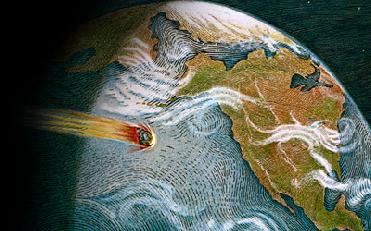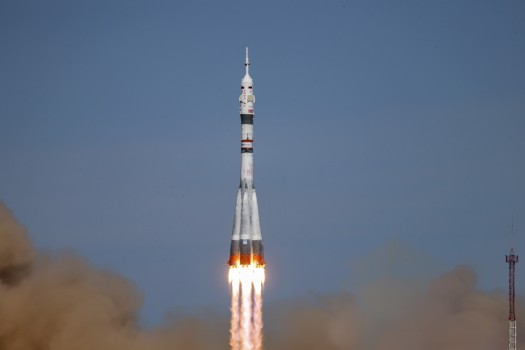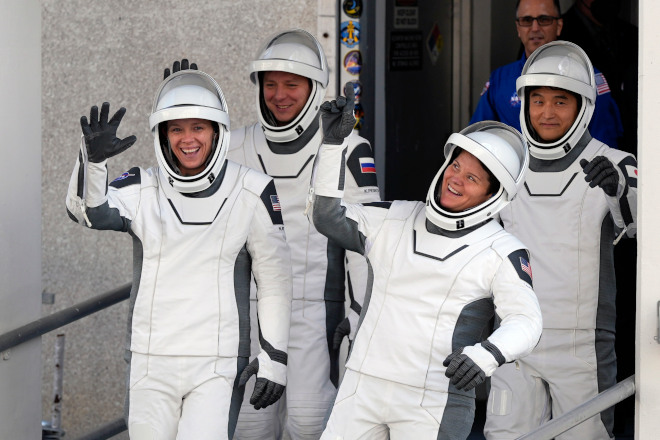
Clues from Meteorites
WASHINGTON, DC (BNS): Meteorites, the oldest rocks ever found, has provided new clues to the conditions that existed at the starting of the solar system solving a long-standing mystery and changing the concept of planet formation.
MIT planetary scientist Benjamin P Weiss said that the ancient meteorites, like disk drives salvaged from an ancient computer, still contain magnetic records about the very early history of planets.
In a research published in journal Science October 31, Weiss and his five co-authors said they had examined pieces of three meteorites called angrites, which were the most ancient known rocks.
The analysis showed that during the formation of the Solar System, when dust and rubble in a disk around the Sun collided and stuck together to form ever-larger rocks and eventually the planets one sees today, even objects much smaller than planets -- just 160 km across or so -- were large enough to melt almost completely.
This total melting of the planet-forming chunks of rock, called planetesimals, caused their constituents to separate out, with lighter materials including silicates floating to the surface and eventually forming a crust, while heavier iron-rich material sank down to the core, where it began swirling around to produce a magnetic dynamo. The researchers were able to study traces of the magnetic fields produced by that dynamo, now recorded in the meteorites that fell to Earth.
The magnetism in meteorites had been a long-standing mystery. "The realisation that such small bodies could have melted and formed magnetic dynamos is a major step toward solving that riddle," he said.
Weiss said until recently, it was commonly thought that the planetesimals were similar to the asteroids seen in the Solar System today. "They came together to build planets, were just homogenous, unmelted rocky material, with no large-scale structure. Now we're realising that many of the things that were forming planets were mini-planets themselves, with crusts and mantles and cores."
Speaking about the happenings in the last decade, he said the understanding of the early history of the Solar System has undergone a sort of mini-revolution, driven by analytical advances in geo-chemistry. In this study, we used a geo-physical technique to independently test many of these new ideas, he added.














The Indian Air Force, in its flight trials evaluation report submitted before the Defence Ministry l..
view articleAn insight into the Medium Multi-Role Combat Aircraft competition...
view articleSky enthusiasts can now spot the International Space Station (ISS) commanded by Indian-American astr..
view article